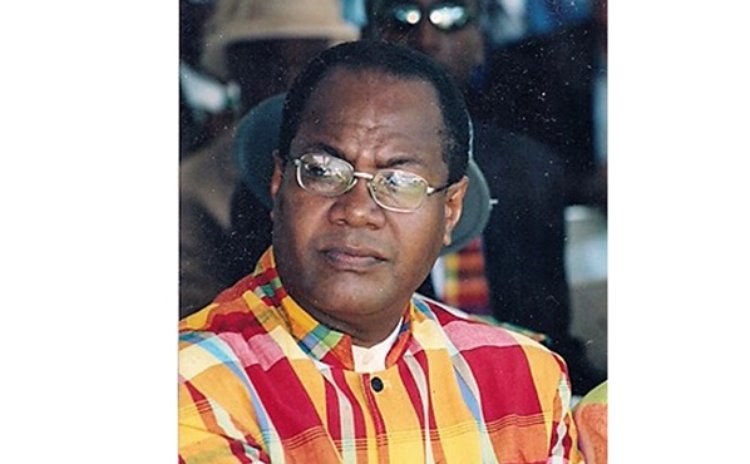Succession planning in the arts

When our forefathers taught us various dances, to play the drums, relayed stories via the oral traditions or even to hunt, it was their way of preserving our traditions. I observe today that the passing of the baton of information is not so readily done among our people. They horde information and fail to impart skills fearing that someone else will outclass them or turn out better and they want to leave their 'legacy' intact.
Some fail to retire even after serving for decades and so illness or death unfortunately have to remind them of their mortality and everything comes to an end. This is particularly true of people in positions of authority who serve for 25, 30, even 40 years at the helm of organizations and when they leave the organization collapses.
The great Mohammad Ali failed to realize that he has to pass on the baton and so paid the price of being beaten badly into retirement. It happens to many sporting personalities who instead of leaving at a time when they realize and know they are not peaking and going downhill but still hold on to the limelight and fame at the expense of a youngster waiting for an opportunity. Actually they should serve as mentors to that young individual showing him the ropes guiding his development. Still, I say so guardedly as one prominent musician on island told me he has tried but there is resistance by the young who have developed a 'know it all' and 'that was in your time' attitude.
The African tradition is about handing down and passing information in a practical way. For instance there is presently no replacement for the unique keyboard and guitar styles of Fitzroy Williams and Marcel 'Coe' Mark respectively. When they depart this world the country would have lost talents that some youths would do good to emulate.
There are others, some of whom we have lost already, such as Henry Bellot, a master of the off- beat as early Grovers compositions would testify. There are those who have unique competencies in dance, designs which need to be passed on to the next generation. We only have two individuals professionally trained (up to 1st degree competence) in theatre in Dominica and both are retired.
There are no pan tuners on island since the aged, late Eddy Andre; there's only one professional sound engineer on island.
Still it is even more striking in cultural leadership in this country; people stay at the helm of organizations for ever in traditional cultural group, in the Calypso Association and many other organizations just to be in a position to call the shots or bring attention to themselves; a sense of importance.
While it may look good on the CV, but most times the stewardship reflects nothing more than long service and has not brought with it the required innovations or mentorship for succession planning so badly needed. On the contrary some feel happy when booted out or when they leave to gloat over failures boasting "when I was there…"
Many don't realize the failures visualized now may well be because you never served as a mentor to any one and so the organization's present turmoil is a direct reflection of your ineptitude to mold and leave people and systems in place to ensure future success.
There is also another side to this succession thing and that is when subordinates fail to learn or successors are chosen through favoritism and not ability. Now this can destroy an organization. While a deputy is essential, too many times the deputy is by passed because of favoritism. The deputy should always be next in line, if succession planning is done right and he or she should be armed with the necessary tools.
The Chief Cultural Officer was called out from retirement because of poor succession planning as there was no one competent to fill the void. Hence, it is important that we hand down our cultural heritage in dance, in cuisine, in music. The Kalinago lament the fact that they have lost their language and the skill of boat building is limited to a couple individuals in the Territory. So too those who lead cultural groups and organization must know when and to be honest when they know they don't have it anymore, and pass on, pass on to the next generation and depart gracefully.




